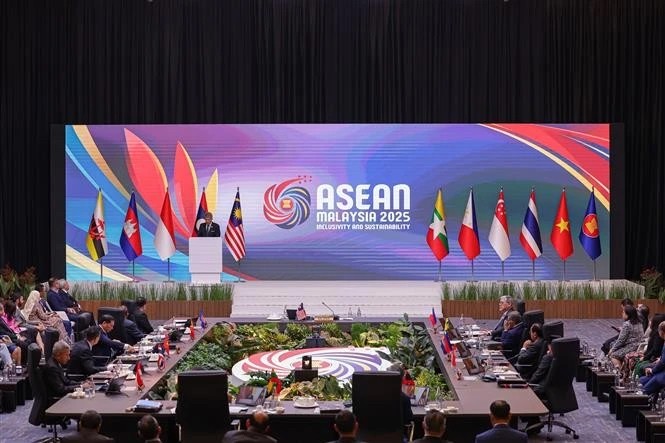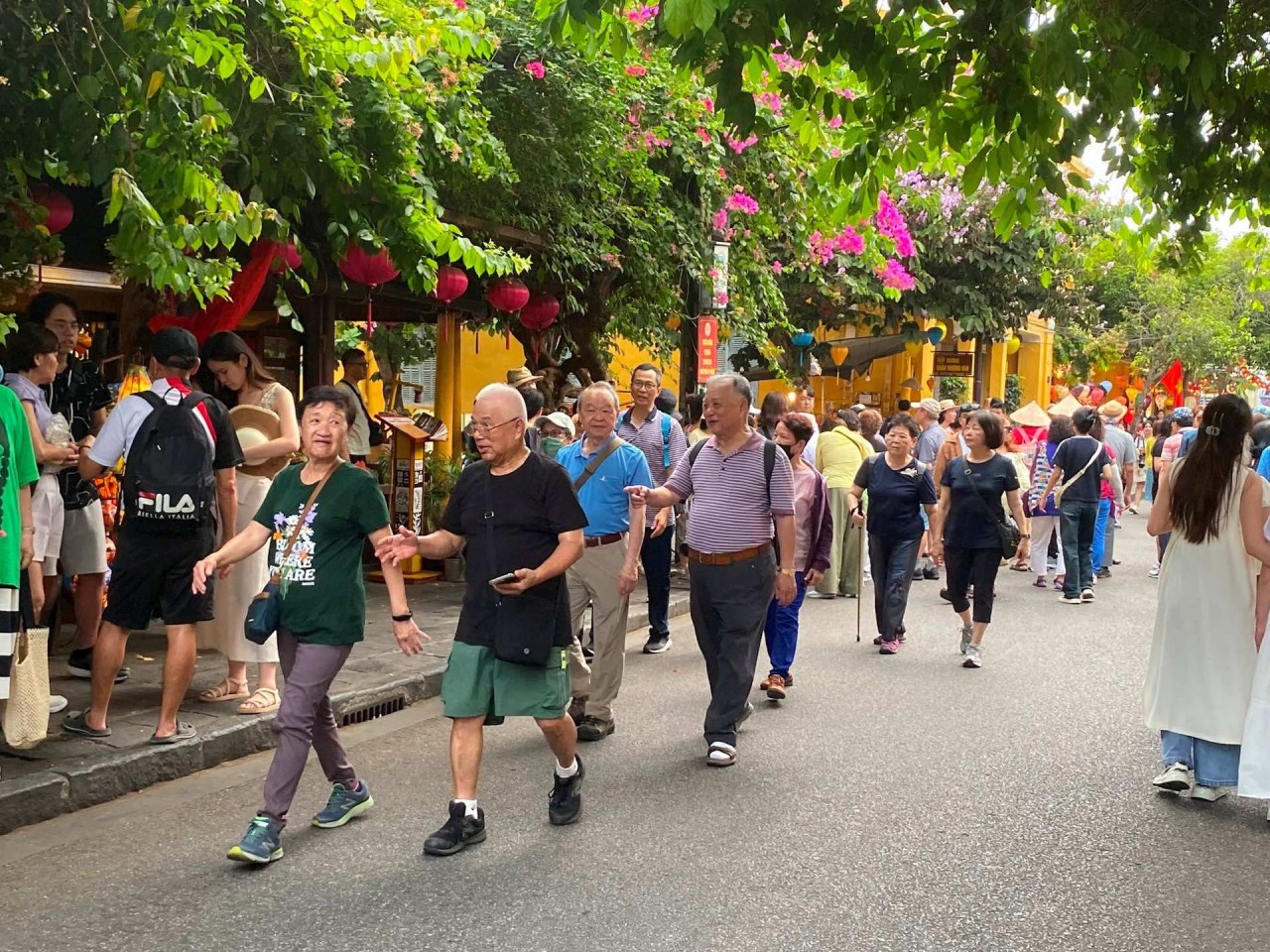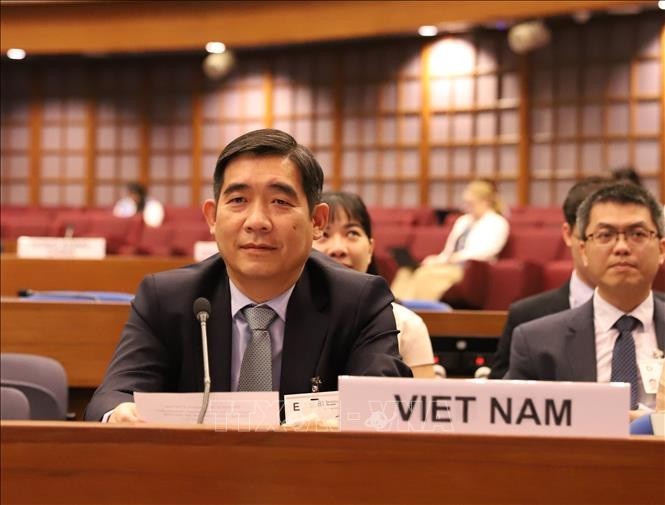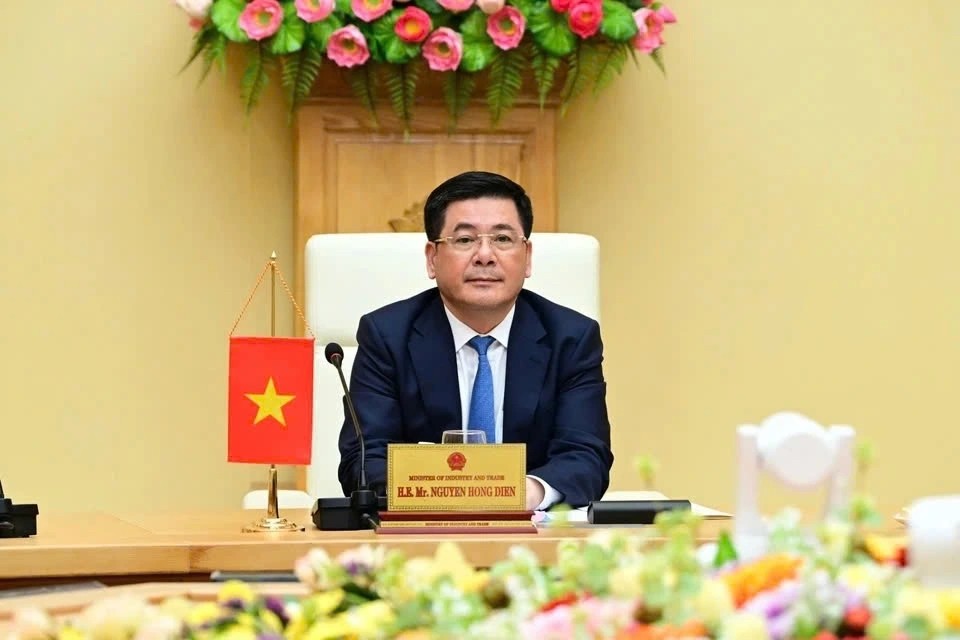UNCLOS 1982: Strengthening Legal Order at Sea, Maritime Cooperation For Peace, And Sustainable Development
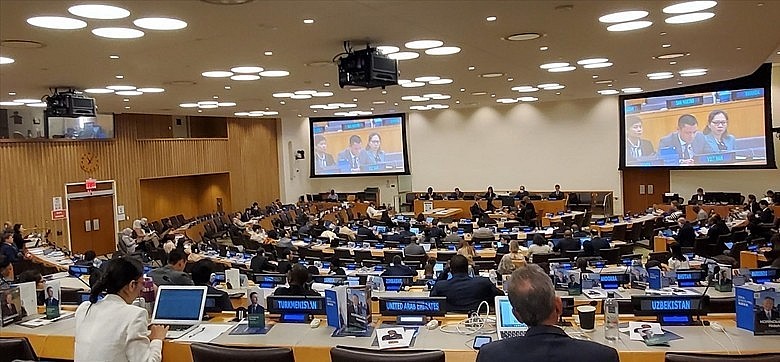 |
| 33rd Meeting of States Parties to United Nations Convention on Law of Sea, UNCLOS 1982, June 2023. Photo: QT |
Vietnam actively participates and implements UNCLOS
Considering and understanding the legal factors in implementing the 1982 United Nations Convention on the Law of the Sea (UNCLOS) is something that needs attention in the context of Vietnam and other countries around the world strengthening cooperation in maritime fields at national, regional, and international levels.
They promote the maintenance and consolidation of peace and the conservation and sustainable use of the oceans, seas, and marine resources, including international cooperation to preserve marine biodiversity and combat ocean plastic pollution.
This is to implement the sustainable development goals stated in the UN's 2030 Agenda as well as carry out Vietnam's National Action Plan on sustainable development.
The year 2023 marks the 41st anniversary of UNCLOS being adopted by the 3rd UN Conference on the Law of the Sea.
This year marks 29 years since UNCLOS was ratified by the Vietnamese National Assembly (June 23, 1994) and came into force for Vietnam and other countries that have ratified the Convention (November 16, 1994).
2023 also marks 21 years since Vietnam, ASEAN countries, and China adopted the Declaration on the Conduct of Parties in the East Sea (DOC) (November 4, 2002) and 11 years since Vietnam's Law of the Sea was adopted by the National Assembly (June 21, 2012).
Vietnam makes efforts with other countries to promote the implementation of UNCLOS, being one of the 12 founding countries to establish the UNCLOS Group of Friends (June 30, 2021), to create and maintain an open and friendly forum for countries to discuss sea and ocean issues.
This contributes to the full implementation of UNCLOS, including the work of the Meeting of States Parties to the Convention.
Vietnam participated in the negotiation process and international legal documents within the framework of UNCLOS, being one of 107 countries that signed UNCLOS on December 10, 1982, immediately after the Convention was passed.
Vietnam's active participation and implementation of UNCLOS demonstrates goodwill, consistent views and policies, Vietnam's respect and expectations for a fair legal order on the sea to promote international cooperation at sea, for peace and sustainable development
The Resolution dated June 23, 1994, of the National Assembly of Vietnam emphasizes "By ratifying the 1982 United Nations Convention on the Law of the Sea, the Socialist Republic of Vietnam expresses its determination to coordinate with the international community to establish an equitable legal order for the seas and oceans and promote the development and cooperation at sea."
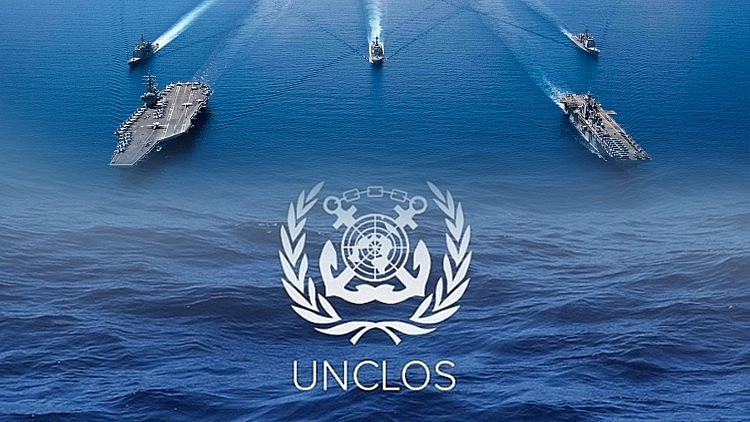 |
| UNCLOS 1982 is considered a comprehensive and important Constitution. Photo: QT |
UNCLOS - comprehensive legal framework for seas and oceans
UNCLOS is respected and recognized by countries and the international community as the second most important global international legal document after the UN Charter.
The UN General Assembly's general resolution on Oceans and the Law of the Sea reaffirms that the Convention is the legal framework governing all activities on the seas and oceans and is of strategic importance. It is the basis for all actions and cooperation on the sea at national, regional, and global levels.
The integrity of the Convention should be maintained as recognized by the United Nations at the Conference on Environment and Development set out in Chapter 17 of Agenda 21, as well as a commitment to the conservation and sustainable use of oceans, seas, and marine resources for sustainable development stated in Goal 14 of the 2030 Agenda."
Right in the preamble of UNCLOS, countries affirmed their "desire to settle all issues relating to the law of the sea” and establish “a legal order for the seas and oceans."
Stemming from that common desire, UNCLOS, with 320 Articles and 9 Appendices, clearly and comprehensively stipulates the legal status of sea areas within or outside the scope of national jurisdiction.
It also mentions the rights and obligations of states in the use, utilization, and management of seas and oceans, maritime and aviation regulations, the use and management of marine resources including living and non-living resources, marine environmental protection, marine scientific research, security and order at sea, dispute resolution and international cooperation on the sea.
The role of UNCLOS as the highest global legal framework is also affirmed in Article 311 on the relationship between UNCLOS and other international conventions and agreements, as well as in Article 293.1 regarding relations with other sources of international law.
The countries affirmed in UNCLOS that international treaties between two or more UNCLOS member states on any matter specified in the Convention must ensure compliance with the Convention.
Regarding the relations between UNCLOS and other sources of international law, such as customary law, only rights and obligations arising from rules of international law compatible with UNCLOS are recognized and applied by competent courts and arbitral tribunals under Part XV of UNCLOS (Article 293.1).
Paragraph 8 of the Preamble of UNCLOS, which states that "matters not regulated by this Convention continue to be governed by the rules and principles of general international law," should be interpreted in a manner compatible with the objectives and provisions of UNCLOS as mentioned above.
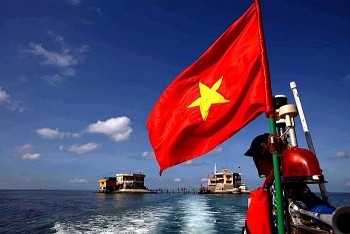 | UNCLOS 1982: Vietnam's Contribution to Maritime Delimitation With the UNCLOS 1982, Vietnam is a successful country in Southeast Asia, resolving maritime disputes with the most diverse tools. During the process, Vietnam has ... |
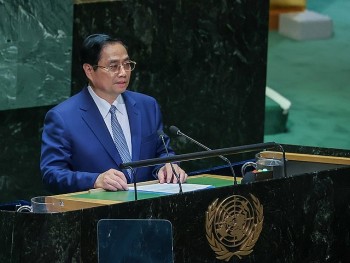 | UNGA 78: PM Pham Minh Chinh Proposes Strengthening Strategic Trust To Tackle Global Challenges At the general debate of the 78th session of the UN General Assembly (UNGA 78) in New York on September 22, Vietnam's Prime Minister Pham ... |
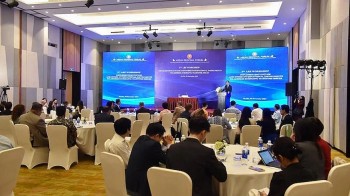 | Fifth ASEAN Regional Forum Workshop on Implementing UNCLOS 1982 The Ministry of Foreign Affairs coordinated with the embassies of Canada, Australia, New Zealand, and the EU to hold the fifth ASEAN Regional Forum (ARF) ... |
Recommended
 Seas and islands
Seas and islands
Vietnam Endorses Common Voice on Ocean Jurisdiction
 Seas and islands
Seas and islands
Dialogue as Key to Settling Disputes and Advancing Law of the Sea
 Seas and islands
Seas and islands
RoK Navy Ship Pays Friendly Visit to Da Nang City
 Seas and islands
Seas and islands
Naval Region 5 Promotes Reading Culture, Fosters Patriotism
Popular article
 Seas and islands
Seas and islands
Coast Guard Region 2 Command Hosts Philippine Coast Counterpart
 Seas and islands
Seas and islands
Vietnam - Thailand Navy: Coordination to Well Address Problems at Sea
 Seas and islands
Seas and islands
Honoring the Fallen: Incense Offering for the 37th Anniversary of Gac Ma
 Seas and islands
Seas and islands




